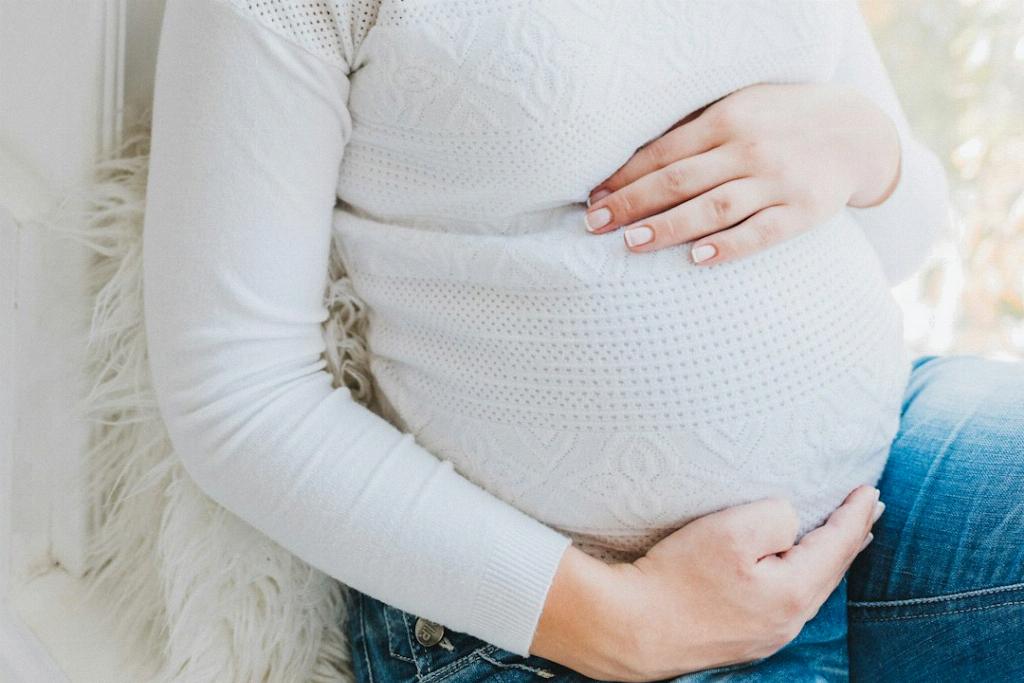When it comes to the healing process post C-section, one common concern many individuals have is the duration it takes for nerves to fully recover. Following a Caesarean delivery, it is not uncommon to experience tingling and numbness around the incision site, even after two months have passed. This lingering sensation can be attributed to the gradual healing of the nerve fibers in the skin.
These tiny nerves require a substantial amount of time to regenerate and repair themselves, a process that may extend from months to even years before the sensations dissipate completely. While it may be disconcerting to still feel numbness or tingling long after the surgery, it is essential to recognize that this delayed healing is a normal part of the recovery journey.
Unlike other aspects of the healing process that may be accelerated through certain interventions or treatments, nerve regeneration does not respond well to expedited methods. Patience is key in allowing the nerves in the affected area to gradually mend and restore sensation. This slow and steady progress is natural and typically cannot be hastened.
It is important to remember that every individual’s body is different, and the rate of nerve healing can vary significantly from person to person. Factors such as overall health, lifestyle choices, and genetic predispositions can all play a role in influencing the pace at which nerves recover post C-section. Therefore, it is crucial not to compare one’s own healing journey to that of others.
One way to support the healing of nerves after a C-section is by practicing gentle self-care techniques that promote overall well-being. Engaging in light physical activity, maintaining a balanced diet, staying hydrated, and getting an adequate amount of rest can all contribute to creating a conducive environment for nerve regeneration.
Additionally, avoiding activities that put excessive pressure or strain on the incision site can help prevent further damage to the healing nerves. Being mindful of body movements and listening to any signals of discomfort from the body can aid in minimizing potential setbacks in the healing process.
While the duration of nerve healing after a C-section can be protracted, it is essential to remain vigilant about any persistent or worsening symptoms that may indicate complications. If the numbness or tingling becomes increasingly severe or is accompanied by other concerning signs, it is advisable to consult with a healthcare provider for a thorough evaluation.
Regular follow-up appointments with a healthcare professional can provide reassurance and guidance throughout the recovery period, ensuring that any issues concerning nerve healing are promptly addressed. Open communication with medical experts can help in monitoring progress and addressing any concerns that may arise along the way.
Ultimately, the journey of nerve healing after a C-section is a unique and individualized experience for each person. Embracing the natural timeline of nerve regeneration, practicing self-care, and seeking medical guidance when necessary can all contribute to a smoother recovery process. While the road to full nerve restoration may be lengthy, patience and diligence are key in nurturing the body back to its optimal state.
In conclusion, the duration it takes for nerves to heal after a C-section varies for each individual, with the potential for sensations of tingling and numbness to persist for months to years following the surgery. By acknowledging the gradual nature of nerve regeneration, practicing self-care, and seeking appropriate medical support, individuals can navigate the healing process with resilience and understanding.

